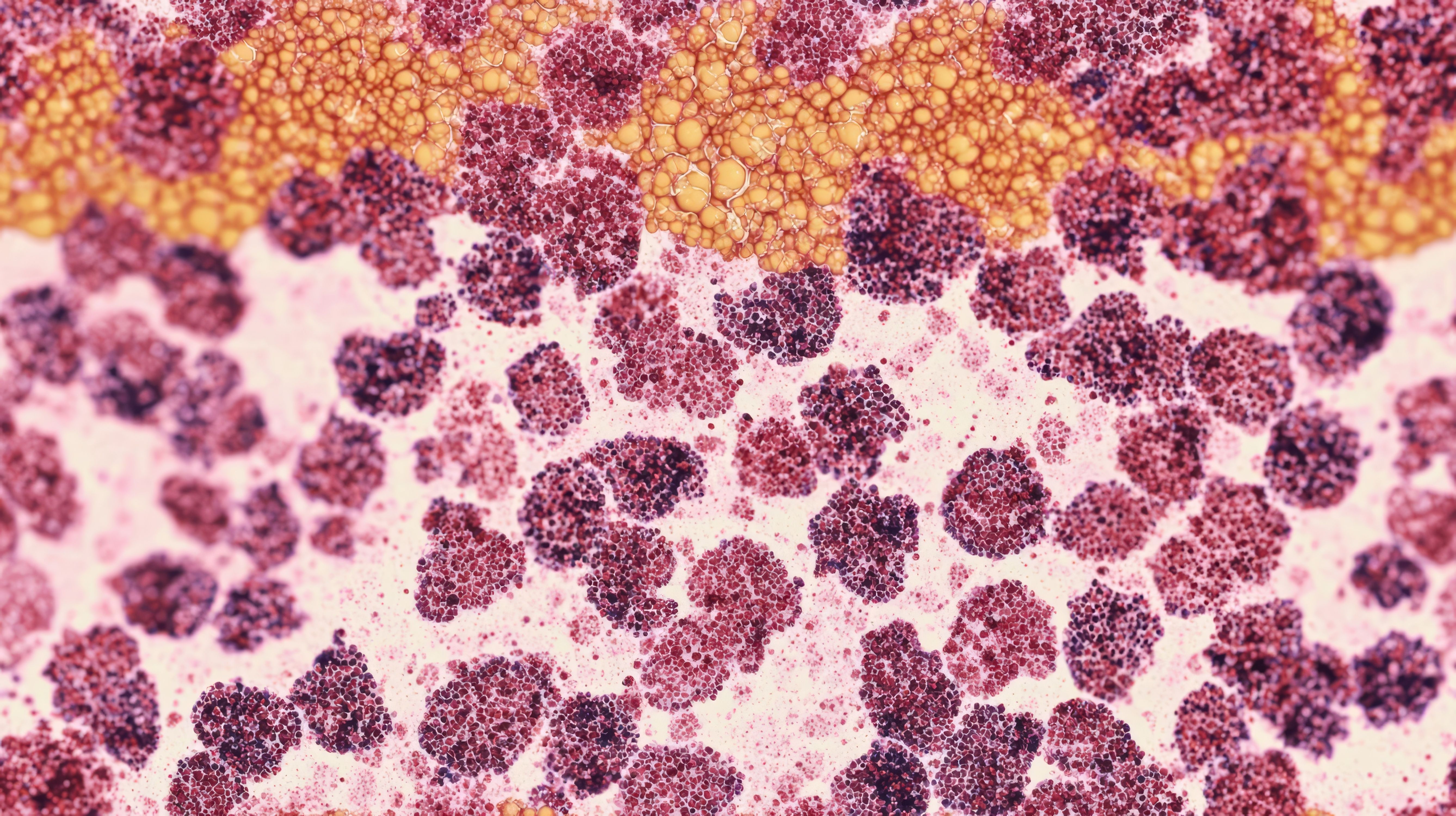Article
Trending News Today: Cooling Cap May Preserve Hair During Chemotherapy
Author(s):
Top news of the day from across the health care landscape.
Women who have an optimistic outlook on life may live longer, according to the Los Angeles Times. Investigators from Harvard University defined optimism as the belief that good things will happen in the future. The results of the study showed that of 70,000 female nurses, 25% considered the most optimistic had a 31% reduced risk of mortality compared with 25% deemed the least optimistic. Although prior research has shown a similar correlation between optimism and a reduced risk of dying from cardiovascular disease, this study was the first to show the association between optimism and the reduced risk of death from infection, cancer, and respiratory disease, the LA Times reported. The findings were based on data from the long-term observational Nurses’ Health study, which began in 1976.
One year ago, the FDA approved the first cooling cap system to help patients in the United States preserve their hair during chemotherapy treatments. A new clinical trial strengthens the notion that the cooling caps really do reduce the risk of hair loss, the Los Angeles Times reported. There were 95 patients with breast cancer enrolled in the study who were randomized to test a cooling cap. The results showed that after 4 rounds of chemotherapy, 51% of patients still had a good amount of hair, while the 47 control patients who did not receive a cooling cap did not have any hair left. The trial’s data safety and monitoring board believed the results were so striking that they stopped the study early to release the results, which were presented at the San Antonio Breast Cancer Symposium, according to the LA Times. The cooling cap is designed to reduce the attack on hair by delivering less of the chemotherapy agent to follicles on the head. The scalp is chilled to about 66 degrees Fahrenheit, allowing the cap to constrict blood vessels and reduce blood flow by 20% to 40%.
An altered version of Silly Putty makes an extremely sensitive pressure detector, and may be useful in the future for making medical devices, according to NPR. By combining the altered Silly Putty with a special form of carbon, called graphene, scientists in Ireland were able to come up with a remarkable new material. After combining graphene with the Silly Putty, it created a new material that was still bouncy and runny, but can now conduct electricity and is extremely sensitive to pressure, reported NPR. When the material is minimally pressed on, it changes its electrical resistance. Investigators believe there will be many applications for this new material.
Newsletter
Stay informed on drug updates, treatment guidelines, and pharmacy practice trends—subscribe to Pharmacy Times for weekly clinical insights.




